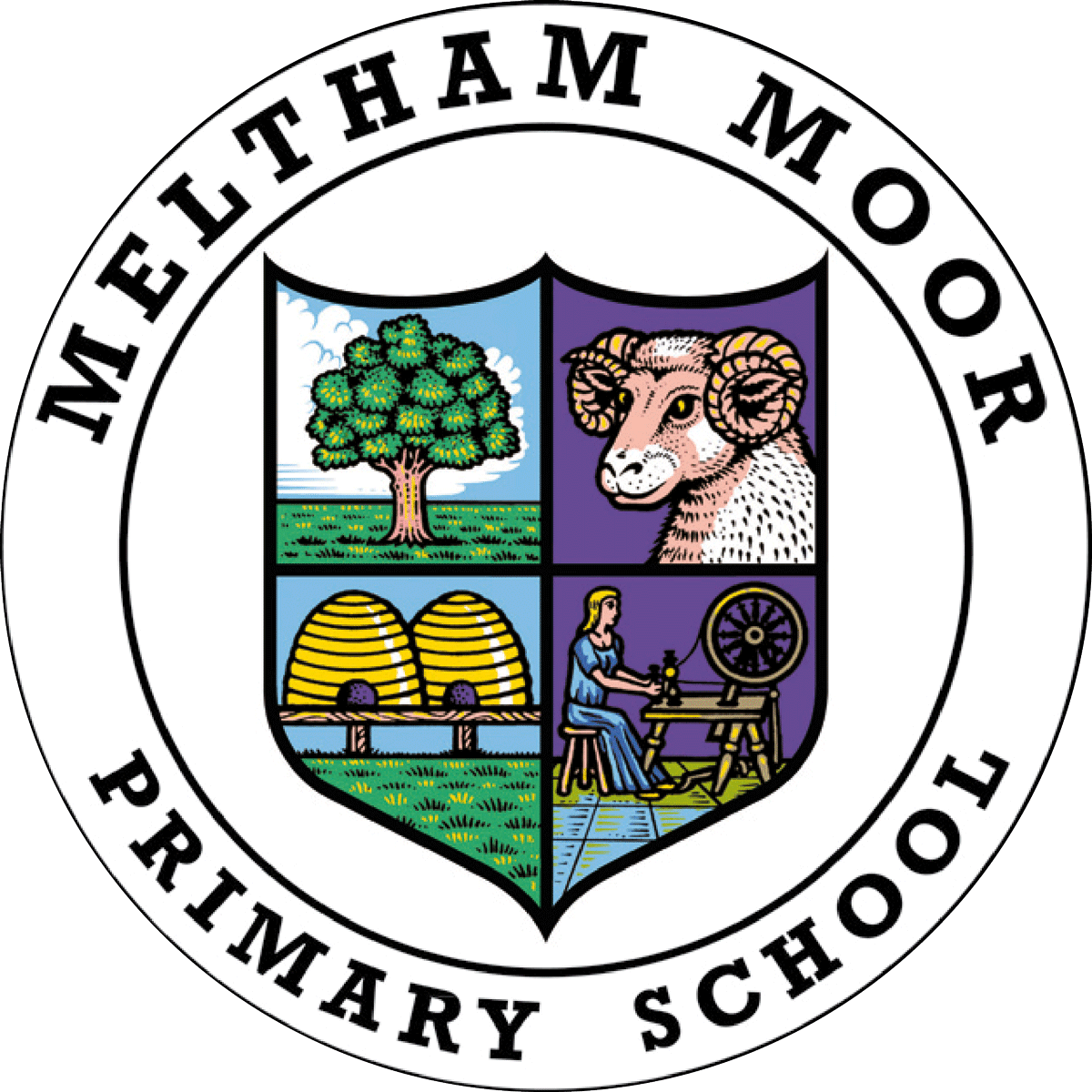Music
At Meltham Moor we believe in the power of music. Our intention is that children gain and are able to communicate a firm understanding of what music is through listening, singing, playing, composing, performing and evaluating across a wide variety of genres.
Our objective is to develop a curiosity for the subject, as well as an understanding and acceptance of the importance of all types of music, and an unbiased respect for the role that music may wish to be expressed in any person’s life. We are also committed to ensuring children understand the value and importance of music for positive well-being including relaxation, focus, enjoyment and expression of emotions. We aim for all children to be able to use their musical skills, knowledge, and experiences to involve themselves in music, in a variety of different contexts.
The National Curriculum for music aims to ensure that all pupils:
Perform, listen to, review and evaluate music
Be taught to sing, create and compose music
Understand and explore how music is created, produced and communicated.
-
We use the Sing Up Music scheme which provides us with the foundation to deliver a creative programme of high-quality classroom music activity. It sets out the skills, knowledge, and understanding to be gained by all pupils at each stage of learning, including the Early Years Foundation Stage.
Sing Up’s music curriculum, with a scheme of work for each year group from Nursery to Year 6, represents a progressive set of teaching resources that meets the requirements of the Statutory Framework for the Early Years Foundation Stage (Expressive Arts), the National Curriculum for Music and suggested approaches of the Model Music Curriculum (Singing, Listening, Composing, Performance/Instrumental Performance).
Covering a broad and diverse range of repertoire, approaches, and musical traditions, Sing Up Music supports a fully-integrated approach to musical development, connecting the interrelated strands of singing, playing, performing, composing, improvising, listening, and appraising.
In nursery we begin to introduce music through active music and movement sessions, singing of songs and actions in lessons, using sound making equipment and simple instruments. This is supported through specific Nursery units in the Sing Up curriculum. This continues in Reception using continuous provision, as well as being taught through Sing Up.
We understand that musical teaching and learning is not linear. Over time, children will both develop new musical skills and concepts, and re-visit established musical skills and concepts. Each new unit starts again with the foundations of pulse, rhythm and pitch with new dimensions being progressively added throughout the units/year groups. This represents an ever increasing spiral of musical learning. This allows for both deeper understanding/mastery of musical skills and concepts and the learning of something new. We value weekly singing assemblies, school concerts and performances. These are used as an opportunity to further develop children’s love of music, singing and performing. We provide a supportive environment in which all children feel relaxed joining in. We talk frequently about the positive effects of music and singing on well-being and mental health and to support relaxation, focus and expression.
In addition, for those with a deeper interest in music, we have re-established a school choir who participate in many events such as Kirklees Music Festival and the Mrs Sunderland Festival. Our choir also has many links within the local Meltham community and performs at many community events across the year. We further celebrate music through our school concerts, performances and talent show. We actively promote and support peripatetic instrument lessons in school and try to find regular opportunities for these children to share their musical learning and talent in school assemblies/events.
The links between movement and music continue to be developed throughout school as a tool to develop children’s confidence, self-esteem, focusing skills, and physical health. This is done through active assemblies and the use of music and movement or mindfulness resources in class, such as go noodle and BBC supermovers. In addition each class is involved in dance lessons led by a qualified dance expert where their appreciation of music from around the world and through different periods of time is further developed alongside movement, rhythm and developing both their physical and emotional well-being.
-
Whilst at Meltham Moor, children have access to a varied music programme, which allows them to discover areas of strength, as well as areas they might like to improve upon.
Our music curriculum develops an understanding of culture and history, both in relation to children individually, as well as ethnicities from across the world. Children are able to enjoy music in as many ways as they choose – as listeners, creators or performers. They can dissect music and comprehend its parts. They can sing, feel a pulse and move with it. They can communicate their responses to pieces of music and when doing so use musical vocabulary related to the strands of music and key features (eg-listen, sing, play, compose, pulse, rhythm, volume, pitch). They have an understanding of how to further develop skills less known to them, should they develop a deeper interest in music as part of their lives.
We create a rich palette from which children can see the power of music to support fundamental abilities such as: achievement, self-confidence, positive emotional well-being, interaction with and awareness of others, and self-reflection.
Teachers use assessment for learning/ formative assessment to assess progress in music lessons and throughout other music activities. Teachers engage pupils in discussion about their progress in music lessons and activities, they challenge them about their next steps and question their understanding. Such conversations inform planning, ensuring this is tailored to the needs of the individuals. In addition these levels of high expectations build children’s skills, knowledge and confidence within different strands of music.


